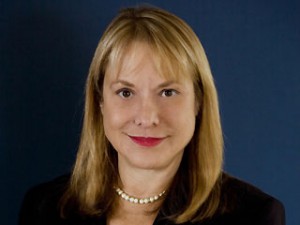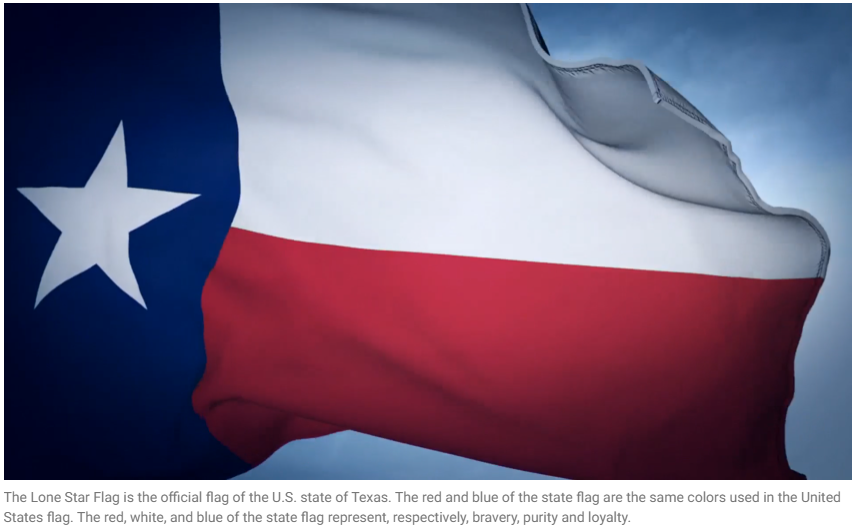A friend on Facebook posted a picture of Bob Hope in drag, entertaining the troops. No Republican legislators in sight. No protests. No problem.
Comedian Melissa McCarthy is right. In a viral post, she defended drag queens. Why not? We’ve all been entertained by drag shows all our lives.
Why all of a sudden is this a national danger deserving of legislative action?
The answer is not that children need protection from RuPaul.
It’s about how you play wedge politics, how you find issues that divide people. That’s what the culture wars are all about. It’s not a matter of solving the nation’s most pressing problems. It’s about dividing people along ideological lines and using conscious and unconscious bias for political benefit. That’s what is going on here, and it is for sure a dangerous game, not because drag queens are dangerous but because playing politics with prejudice is.
Drag queens pose no bigger threat to our communities than transgender women in sports do. These are issues right-wing extremists have gotten hold of because they work politically, not because they’ve suddenly taken an interest in women’s sports or children’s story hours, much less because there’s some crisis demanding attention in these arenas.
But it’s an effort whose impact is not limited to cross-dressing entertainers or competitive women athletes.
Wikipedia defines a drag queen as “a person, usually male, who uses drag clothing and makeup to imitate and often exaggerate female gender signifiers and gender roles for entertainment purposes. Historically, drag queens have usually been gay men, and part of gay culture.”
Banning drag shows, as Tennessee has now led the nation in doing, is banning what has been a part of gay culture and entertainment for decades. It is not a “neutral” act. It is plainly discriminatory along gender lines, and it raises all kinds of gender issues.
Activists are right to see such efforts as the tip of the iceberg of discrimination and to be concerned about the message that is being sent. Because there is indeed a message that is intended — a message about who and what is acceptable and tolerable, and who will not be accepted and tolerated.
Because it’s not just about drag queens. It’s about recognizing and accepting people who are different and about taking on gender roles rather than being bound by them. Drag queens make us laugh as they take on gender issues. They explode stereotypes. They use laughter as a weapon against ignorance. It’s not just about falsies and fancy makeup. They challenge us at every level. We laugh with them, at ourselves. “La Cage Aux Folles.” Acceptance is the ultimate act.
And it’s not just about transgender athletes who are being banned. It’s also about recognizing that not everyone fits squarely into the binary system, that human sexuality takes more forms than traditional heterosexuality. It’s about acceptance as opposed to rejection.
Drag shows are, at their core, political speech in the sense that they challenge our perception of gender and gender roles and force us to reexamine familiar stereotypes even as we laugh at the exaggerated representations of femininity. To prohibit them is to send a message that gender roles are sacrosanct and cannot be challenged. That is the iceberg. Drag shows are the tip.
To find out more about Susan Estrich and read features by other Creators Syndicate writers and cartoonists, visit the Creators Syndicate website at www.creators.com.




